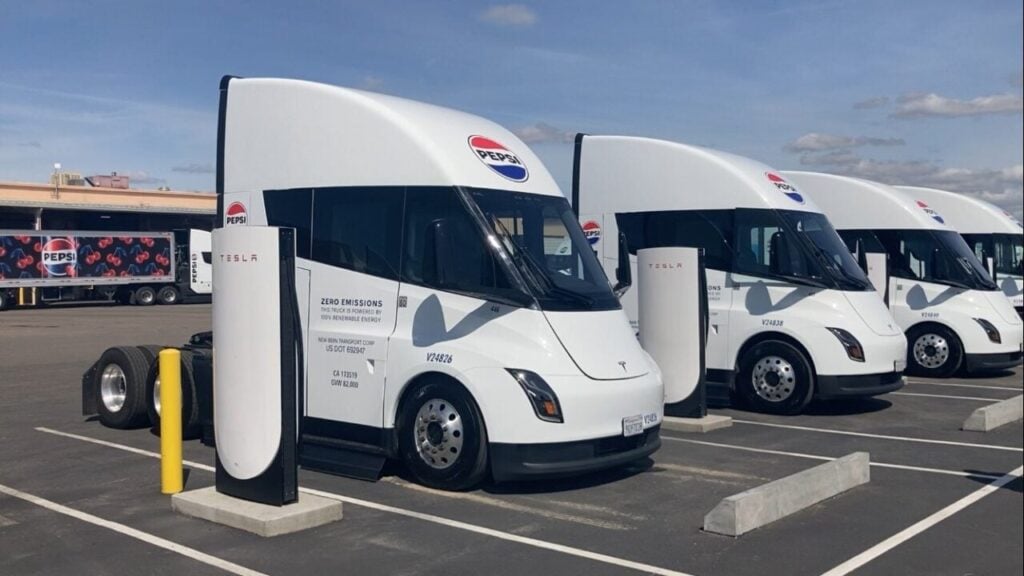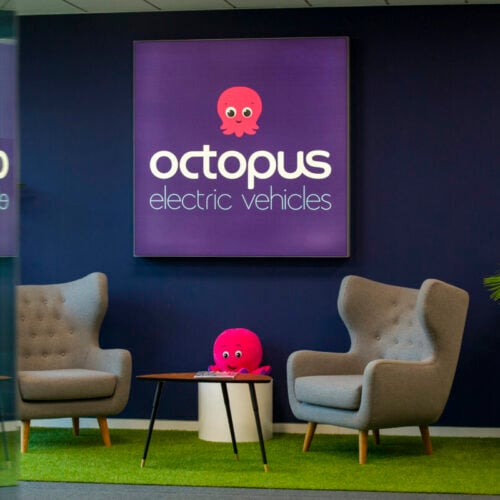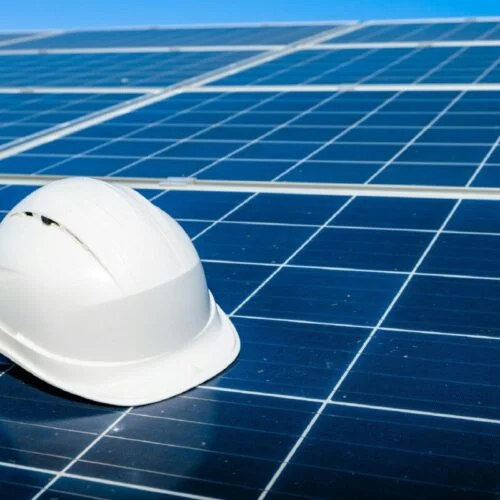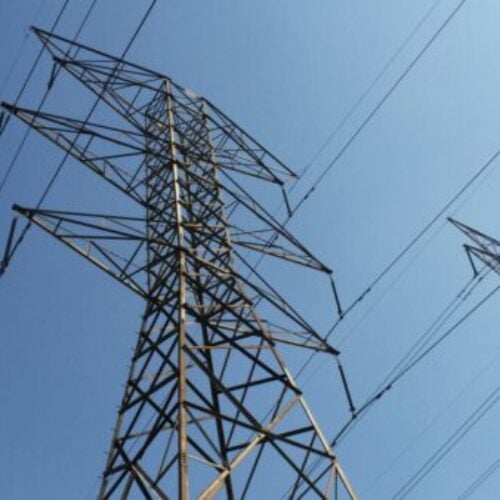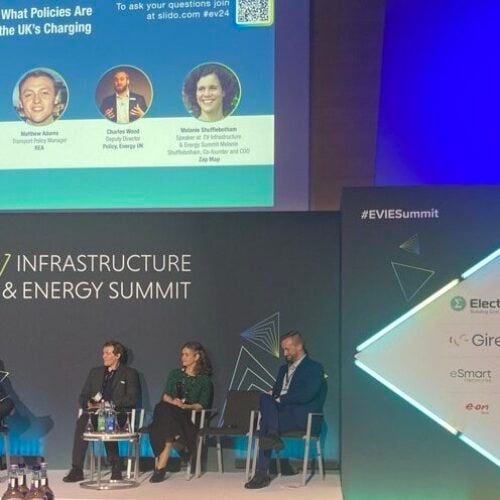The US House of Representatives has voted to repeal the waiver that allows California to set its own zero emissions vehicle (ZEV) mandate.
Under the waiver, granted by the previous administration, California had moved to ban gas-fuelled vehicles from its roads by 2035. The mandate says ZEVs would have to account for 43% of an auto maker’s sales by 2027 in California, rising to 68% by 2030 and 100% in 2035.
The mandate was approved by the California Air Resources Board in 2022 and the US Environmental Protection Agency (EPA) granted the waiver as an addition to the 1970 Clean Air Act that allowed California to set its own pollution reduction policy.
The House has also voted in favour of repealing California’s push for zero emission medium- and heavy-duty trucks over time, and to stop California’s smog reduction efforts.
Under section 177 of the US Clean Air Act, other states can choose to follow California’s standards or those set by the federal government (but cannot implement their own). About 11 states, including New York and Oregon, are opting to implement the Californian mandate.
This is some of the reason that the House voted to revoke the waiver. Supportive policy has meant that California leads on EV uptake, with the vast majority of America’s charging network concentrated in the state.
The argument against the ZEV mandate is that, applied to other states where EV ownership is less accessible, automakers and consumers will lose out. Notably, current president Donald Trump has removed nationwide policy that supported EV buyers.
California’s governor Gavin Newsom commented that “Trump Republicans are hellbent on making California smoggy again”.
“Our vehicles program helps clean the air for all Californians, and we’ll continue defending it. Washington may want to cede our economy to China but California is standing by American innovation.”
Five of the 10 cities with the worst air pollution in America are in California.
Legalese and EVs
Newsom also pointed out that the Senate parliamentarian, Elizabeth MacDonough, found that the House’s move to repeal is “lawless”.
The revocation of California’s waiver was voted on under the Congressional Review Act (CRA), which allows Congress to overturn certain new rules with a simple majority vote. However, the House parliamentarian and before her the Government Accountability Office (GAO) found that this would not apply to a waiver.
When the EPA approved California’s clean cars waiver, president and CEO of the US Alliance for Automotive Innovation John Bozzella called it an “expected development”, adding “Trump will revoke the waiver in 2025”.
He added: “Most of the states that follow California are NOT ready for these requirements. Achieving the sales mandates under current market realities will take a miracle. There needs to be balance and some states should exit the program.”
Bozzella said that whether California should be able to establish its own emissions programme, to be followed by other states, is “for policymakers and the courts to sort out”.
However, director of clean vehicles at nonprofit environmental organisation the Natural Resources Defense Council (NRDC) Kathy Harris called the vote an “unprecedented and reckless attack on states’ legal authority to address tailpipe pollution”.
Figures from the NRDC show that blocking the measures would cost consumers over $89 billion (£66.5 billion) in additional fuel costs through 2040.
